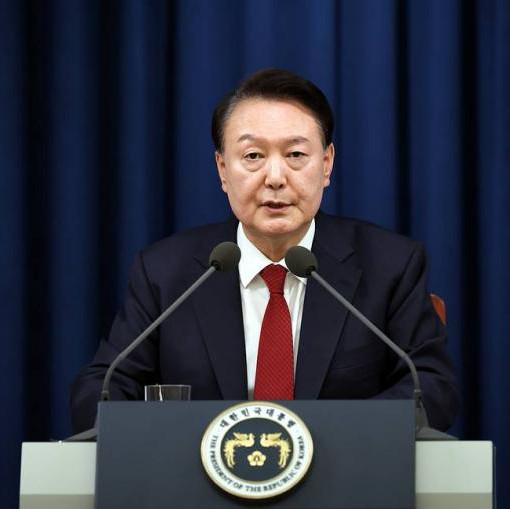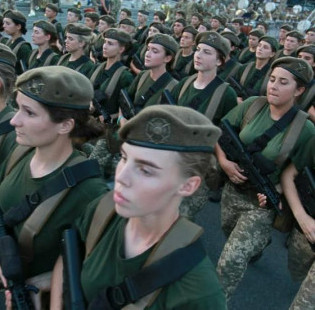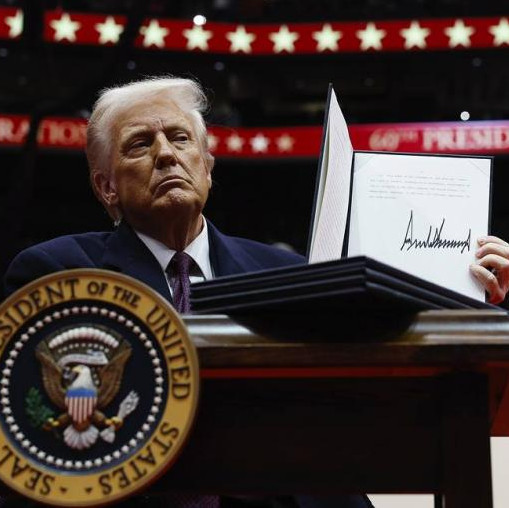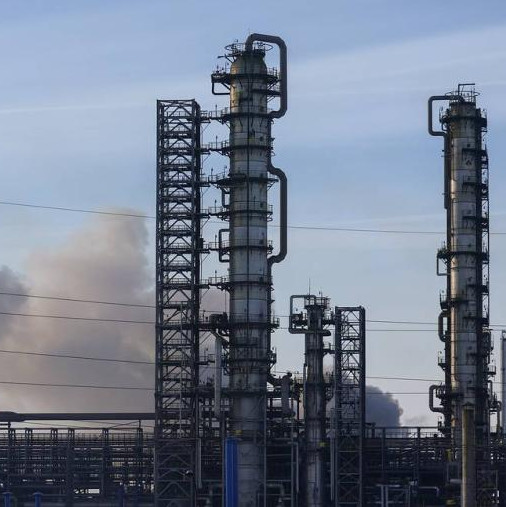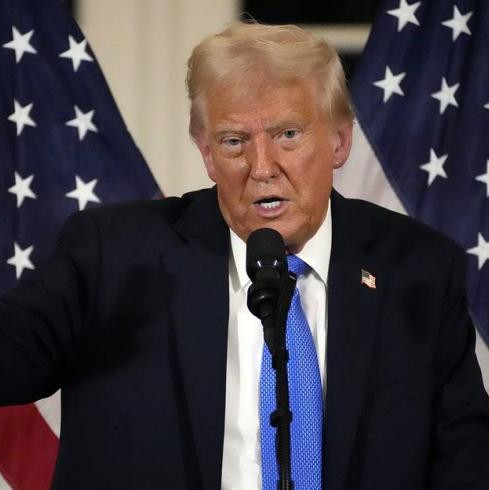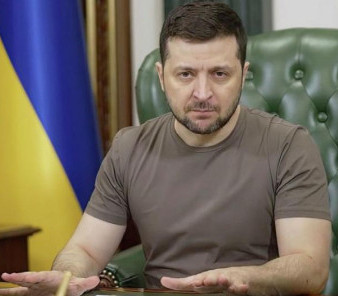
Brussels keeps searching for ways to substitute for Russian gas. A new initiative has arrived as the next few weeks are going to see Bulgaria launch a project that will allow supplying liquefied natural gas (LNG) to Ukraine from the ports of Greece. A statement to that effect came on March 28 from that country's Energy Minister Zhecho Stankov, Bloomberg reported. The Bulgarian authorities expect that the route will lead the way after termination of Russian gas transit through Ukraine.
The 10-billion-cubic-meter-per-year gas supply route dubbed "the vertical gas corridor" is a collective initiative of gas transmission network operators of Bulgaria, Greece, Romania, Hungary, Slovakia, Ukraine, and Moldova. It is intended as an alternative to Russian pipeline gas supplies to Europe. Russian LNG arriving at Greek ports can also be pumped through it, Bloomberg notes. To create the "vertical corridor", Bulgaria allocated $345 million worth of state loan guarantees. The route’s Bulgarian segment construction is expected to get accomplished by the end of 2026.
Though ambitious, the initiative is unlikely to be implemented within the stated parameters. The annual volume of 10 billion cubic meters is impressive and almost comparable to gas pumping through the Gas Transportation System of Ukraine (GTSU) in 2024.
At the same time, one has to take due regard of other gas delivery solutions for Europe — more logical and economically justified. But all of them involve Russian gas, which is "toxic" as seen by the European bureaucracy but still beneficial as regards the price. This refers to both resumed pumping of Russian gas directly through the GTSU, and the Nord Stream 2 thread that survived the terrorist attack. Russian Deputy Prime Minister Alexander Novak said there was a bunch of unresolved issues with its technical readiness to pump fuel: "This is not a technical thing because the pipeline has been in actual working order. The general issue is feasibility of supplies, feasibility of exploitation. There are many challenges here today. As we know, there is no consumer, there is no contract. But from a purely technological point of view, the gas pipeline is serviceable."
Meanwhile, the European Union is indignant that Russia and the United States are discussing restoration of Nord Stream and Nord Stream 2 pipelines in the Baltic Sea without the EU itself, Politico writes citing opinions by European diplomats. Rumor has it that the Americans want to take control of Nord Streams, which further confuses the situation around Russian gas exports to the EU. However, the Kremlin did not confirm data about negotiations. According to the Russian President’s press secretary Dmitry Peskov, the issue of the possible restart of the Nord Stream 2 gas pipeline was not discussed during the telephone conversation between Vladimir Putin and Donald Trump, but the heads of state did note the enormous potential for implementing a number of major economic cooperation projects.
Finally, there is the Yamal—Europe pipeline running across Belarus and Poland but "politically" blocked by Warsaw. By the way, late last year Vladimir Putin told reporters that Moscow was ready to supply gas to Europe via Poland instead of Ukraine, explaining that this only required "pressing a button."
Europe will have to deal with preparations for the next winter due to depleted underground reserves. Brussels has been somewhat lucky here due to a noticeable decrease in Chinese LNG purchases. In the first three months of the year, LNG imports to China fell by 22 percent as compared to the same period last year and amounted to 15.8 million metric tons, Kepler analytical company claims. This is a record low since 2020, which allowed Europe receive more LNG shipments amid "reorientation". And the hope for a lower LNG price is shaky, given the revived competition with China in this segment and recent data on that country’s improving economic situation.
But now, things with LNG shipments from the Russian Federation have become more complicated. Starting March 26, the ports of the European Union have been banned from providing transshipment services for LNG produced by or exported from Russia. Thus, re-export to third countries is now prohibited. Sanctions to that effect were introduced in June 2024, but until March 26, 2025, the execution of contracts concluded before June 25, 2024 was postponed. Another thing prohibited is to provide technical support, brokerage services, financing or financial support for transshipment. The EU authorities may only allow Russian LNG transshipment services if needed for transportation to a member state and used for its energy supply.
Moscow, on the other hand, has been relaxing "resource field" conditions for the EU. On March 28, Russian President Vladimir Putin signed a decree to let foreign buyers pay for gas not only at Gazprombank, but also other Russian banks until July 1. The foreign buyer deferral to arrange work with Gazprombank was to expire on April 1. The decree came into force when signed. The postponement is meant for obtaining the necessary licenses or lifting restrictions on dealing with Gazprombank.

